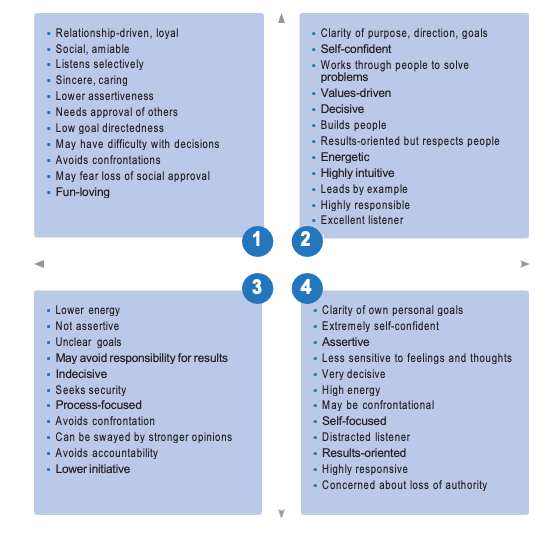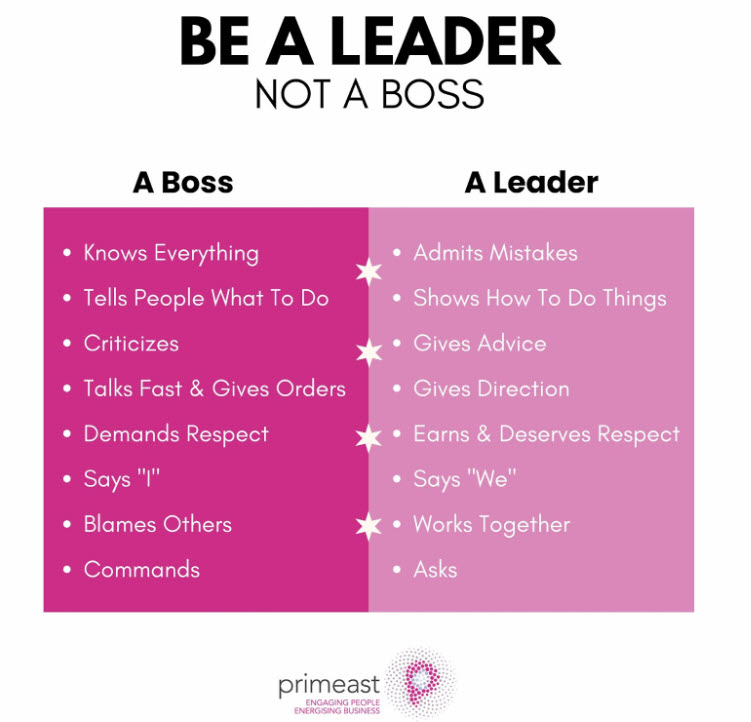Understanding Depression and Anxiety
Depression and anxiety are common mental health conditions that can have a significant impact on a person’s well-being. While they are separate disorders, they often coexist and share some similarities in terms of symptoms and treatment approaches.
Depression
Depression is characterized by persistent feelings of sadness, hopelessness, and loss of interest in activities that were once enjoyable. It can affect how a person thinks, feels, and behaves, leading to difficulties in daily functioning. Common symptoms of depression include:
- Persistent sadness or emptiness
- Loss of energy or fatigue
- Changes in appetite or weight
- Sleep disturbances
- Feelings of worthlessness or guilt
- Difficulty concentrating or making decisions
- Thoughts of death or suicide
Anxiety
Anxiety is characterized by excessive worry, fear, and apprehension about future events or situations. It can manifest as physical symptoms such as rapid heartbeat, sweating, trembling, and shortness of breath. Common types of anxiety disorders include generalized anxiety disorder (GAD), panic disorder, social anxiety disorder, and phobias. Symptoms of anxiety may include:
- Excessive worry or rumination
- Irritability or restlessness
- Muscle tension or trembling
- Trouble sleeping
- Panic attacks
- Avoidance behaviors
- Difficulty concentrating
Treatment Options
Treatment for depression and anxiety may involve a combination of therapy, medication, lifestyle changes, and self-care strategies. Cognitive-behavioral therapy (CBT) is often recommended for both conditions as it helps individuals identify negative thought patterns and develop coping skills to manage their symptoms.
In some cases, antidepressant medications may be prescribed to help regulate mood and alleviate symptoms. Lifestyle changes such as regular exercise, healthy diet, adequate sleep, and stress management techniques can also play a crucial role in improving mental health.
If you or someone you know is struggling with depression or anxiety, it’s important to seek help from a mental health professional. With the right support and treatment approach, it is possible to manage these conditions effectively and improve overall quality of life.
Understanding Depression and Anxiety: Answers to 8 Common Questions
- What are the symptoms of depression?
- How is anxiety different from stress?
- What causes depression and anxiety?
- Can depression and anxiety be treated without medication?
- Are there effective self-care strategies for managing depression and anxiety?
- How can therapy help in dealing with depression and anxiety?
- What lifestyle changes can help alleviate symptoms of depression and anxiety?
- When should someone seek professional help for their depression or anxiety?
What are the symptoms of depression?
Depression can manifest in various ways, and recognizing its symptoms is crucial for seeking help and support. Common symptoms of depression include persistent feelings of sadness or emptiness, loss of interest in activities once enjoyed, changes in appetite or weight, sleep disturbances, fatigue or loss of energy, feelings of worthlessness or guilt, difficulty concentrating or making decisions, and thoughts of death or suicide. It’s important to note that individuals may experience a combination of these symptoms to varying degrees. If you or someone you know is experiencing these symptoms consistently, it’s advisable to consult a mental health professional for an accurate diagnosis and appropriate treatment.
How is anxiety different from stress?
Anxiety and stress are often used interchangeably, but they refer to different experiences. Stress is a response to external pressures or demands that can be physical, emotional, or mental in nature. It is usually short-term and can be a motivating factor in completing tasks or facing challenges. On the other hand, anxiety is a persistent feeling of worry, fear, or unease that may not have a specific cause or trigger. It is more prolonged and can interfere with daily functioning. While stress is typically linked to external factors, anxiety tends to be more internalized and may not always have a clear source. Understanding the distinction between the two can help individuals better identify their emotions and seek appropriate support when needed.
What causes depression and anxiety?
Depression and anxiety can be caused by a combination of genetic, biological, environmental, and psychological factors. While the exact causes may vary from person to person, some common triggers include a family history of mental health disorders, imbalances in brain chemistry, traumatic life events such as loss or abuse, chronic stress, certain medical conditions, and substance abuse. Additionally, personality traits like perfectionism or pessimism can also contribute to the development of depression and anxiety. It’s important to recognize that these conditions are complex and multifaceted, and seeking professional help to identify individualized causes and effective treatment approaches is crucial for managing symptoms effectively.
Can depression and anxiety be treated without medication?
For individuals experiencing depression and anxiety, it is common to wonder whether these conditions can be effectively treated without medication. The answer is yes, treatment options for depression and anxiety extend beyond medication. Therapeutic approaches such as cognitive-behavioral therapy (CBT), mindfulness practices, lifestyle modifications, and self-care strategies have shown promising results in managing symptoms and improving overall well-being. These non-pharmacological interventions focus on addressing underlying thought patterns, behavioral triggers, and coping mechanisms to help individuals navigate their mental health challenges. Seeking guidance from a mental health professional can provide personalized strategies to address depression and anxiety without solely relying on medication.
Are there effective self-care strategies for managing depression and anxiety?
When it comes to managing depression and anxiety, effective self-care strategies can play a crucial role in improving mental well-being. Incorporating regular exercise, such as yoga or walking, into your routine can help reduce symptoms of depression and anxiety by promoting the release of endorphins and reducing stress levels. Additionally, practicing mindfulness techniques, such as meditation or deep breathing exercises, can help calm the mind and increase self-awareness, leading to a greater sense of control over negative thoughts and emotions. Engaging in activities that bring joy and relaxation, such as hobbies or spending time in nature, can also provide a much-needed mental break and boost overall mood. It’s important to prioritize self-care practices that work best for you and make them a consistent part of your daily routine to effectively manage depression and anxiety.
How can therapy help in dealing with depression and anxiety?
Therapy can be highly beneficial in addressing depression and anxiety by providing individuals with a safe and supportive space to explore their thoughts, emotions, and behaviors. Through therapy, individuals can gain insight into the root causes of their depression and anxiety, develop coping strategies to manage symptoms, and learn healthier ways of thinking and responding to challenging situations. Therapists use various evidence-based techniques such as cognitive-behavioral therapy (CBT), mindfulness practices, and relaxation exercises to help clients build resilience, improve self-awareness, and enhance their overall mental well-being. Additionally, the therapeutic relationship itself can offer a sense of validation, empathy, and encouragement that can be instrumental in the healing process for those struggling with depression and anxiety.
What lifestyle changes can help alleviate symptoms of depression and anxiety?
Making positive lifestyle changes can significantly help alleviate symptoms of depression and anxiety. Engaging in regular physical exercise, such as walking, jogging, or yoga, can boost mood and reduce stress levels. Maintaining a balanced and nutritious diet rich in fruits, vegetables, whole grains, and lean proteins can provide essential nutrients for brain health. Prioritizing adequate sleep by establishing a consistent bedtime routine and practicing relaxation techniques before bed can improve overall well-being. Additionally, incorporating stress-reducing activities like mindfulness meditation, deep breathing exercises, or spending time in nature can promote relaxation and emotional stability. By implementing these lifestyle adjustments, individuals may experience a positive impact on their mental health and overall quality of life.
When should someone seek professional help for their depression or anxiety?
Recognizing when to seek professional help for depression or anxiety is crucial for one’s mental well-being. If feelings of sadness, hopelessness, fear, or worry persist for an extended period and significantly interfere with daily life activities such as work, relationships, or self-care, it may be time to consult a mental health professional. Additionally, if symptoms escalate to include thoughts of self-harm or suicide, seeking immediate professional help is imperative. Professional intervention can provide the necessary support, guidance, and treatment options to help individuals manage their conditions effectively and improve their overall quality of life.


